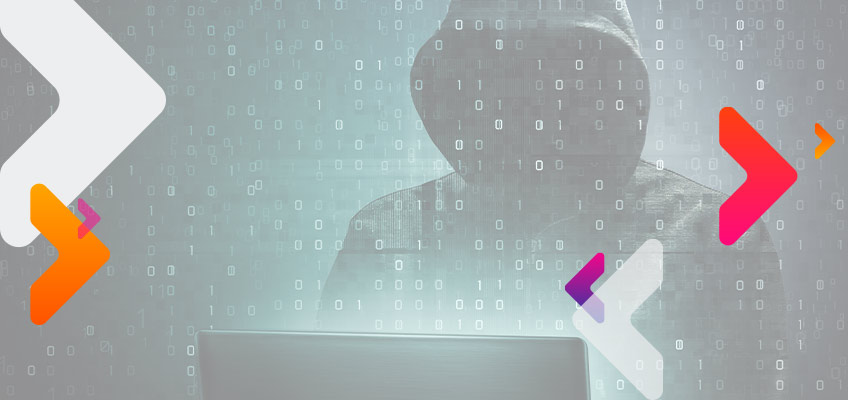
How to Win at Digital Gaming Payments Fraud Prevention
Fraudulent activity is guaranteed to leave a negative impression on a gamer, even if their loss is ultimately recouped. This makes them more likely to stop playing, rate the game poorly, and share their negative experience with the gaming community. Whether you represent a development studio, publisher, distributor, streaming platform, or service marketplace, payments fraud should be a top concern for your business.
According to ACI and Newzoo, one in five gamers has experienced fraud when paying for games online — and one in three reports being less likely to spend money on online games due to concerns around fraud.
We’ve rounded up three of the most common forms of payments fraud in digital gaming, to help you know what to look for, and how to proactively prevent it from happening within your ecosystem.
Three Types of Digital Gaming Payments Fraud
1. Account takeover (ATO)
With ATO, the fraudster steals a legitimate gamer’s login credentials and uses their account to perpetrate scams. These may take the form of phishing attacks on other players, with links purporting to be for free in-game currency, upgrades, or special offers. The player is asked to confirm their user name, email, and password — and bam!, the hacker has access to their account as well.
ATO is also frequently used for the purposes of credit card fraud, both in-game and externally, if the hacker is able to access the credit card information linked to the gamer’s account. Stolen accounts can also be sold for a significant amount of money, depending on the game and the inventory (which may have been bolstered by fraudulent purchases made by the fraudster).
2. Fake accounts
Fraudsters can game the system by creating an account, then using stolen credit card information to purchase digital currency, power-ups, game goods and enhancements to level up and create an impressive inventory. Then, they sell the account, link it to the buyer’s social media account, and delete any trail of their involvement.
3. Character defamation
Another type of attack often tangential to payments fraud is character defamation. A compromised account can leave a player locked out of the game for a significant period of time, during which the hacker may maliciously attempt to ruin the gamer’s reputation. If successful, the player may lose the support of the gaming community and social in-game assistance, and even be blacklisted. Often, this results in the player abandoning the game and the associated platform.
Fraud Isn’t Just for Players
It’s not just the players who are impacted by digital gaming payments fraud. Fraud undermines the entire game economy.
While losing a few gamers to fraud may seem insignificant, the numbers add up quickly. And according to Liftoff’s 2020 Mobile Gaming Apps Report, the cost to activate a player for in-game app purchases has risen significantly in the past year. Do you really want to risk immediately losing them again?
Every time a game is abandoned — or a player makes the conscious decision to refrain from making in-app purchases for fear of fraud — the developer, platform, publisher, distributor, and/or marketplace lose both real and potential revenue.
Payments fraud can also impact the rest of the gaming supply chain: contractors, sellers, ad partners, streamers, and creators. Anyone who makes or receives any form of digital payment is at risk.
Optimizing the Payment Experience, From End to End
As fraudsters become more sophisticated, the need to employ sophisticated measures to protect against payments fraud becomes more pressing. Payoneer helps development studios, publishers, distributors, streaming platforms, and service marketplaces automate complex payment processes while optimizing the end-to-end payment experience for digital gamers.
We can help you protect your business from threats at every layer of your payment flow, from implementing strict KYC procedures to prevent fraud, to detecting fraudulent activity, to automating payments throughout your ecosystem, to facilitating friction-free, secure in-game purchases.
At the same time, we can help you grow globally. Payoneer supports payments in 150+ currencies, spanning 200+ countries and territories. We also offer you the ability to provide players with the most popular local payment methods, no matter where they are located.
Digital gaming adoption is growing at an extraordinary pace. The Liftoff report shows that 2.6 billion people will play mobile games this year, and the resulting revenues are projected to top $100 billion — and that’s just one segment of the digital gaming market. Don’t let fraud bilk you of your share of that revenue.
Check out our infographic, “Leveling Up Digital Gaming Payments,” for more statistics and information on the top challenges development studios, distributors, publishers, service marketplaces, and streaming platforms are facing today.




